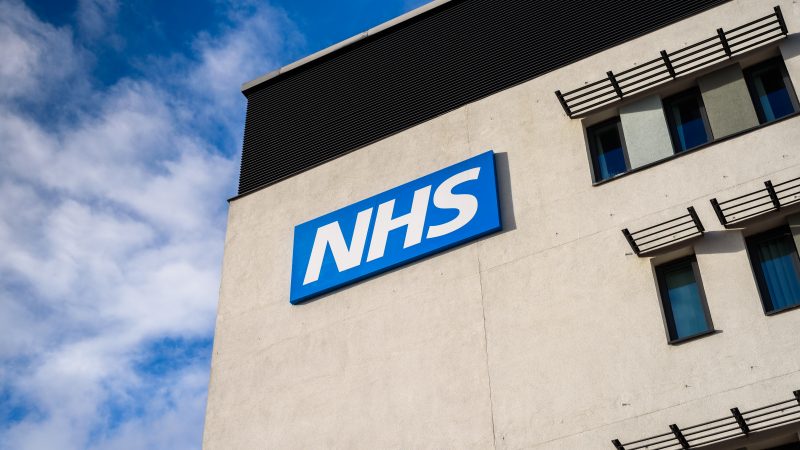
UNISON has announced that members at four more English ambulance services and five other NHS organisations have voted to take strike action, in what the union described as a “significant escalation” of the dispute.
Announcing the results of its re-ballot of members in the health service in England, the union revealed today that staff working in the South Central, East of England, West Midlands and East Midlands ambulance services have voted to strike. The vote at the South East Coast service missed the legal threshold for industrial action.
UNISON members at five other NHS employers also voted in favour of strikes, namely NHS Blood and Transplant, Great Ormond Street Hospital, the Tavistock and Portman NHS Foundation Trust, Liverpool Women’s Hospital and the Bridgewater Community Trust.
Commenting on the re-ballot results, UNISON general secretary Christina McAnea declared: “It’s time the Prime Minister ditched his ‘do nothing’ strategy for dealing with escalating strikes across the NHS.
“Governments in other parts of the UK know what it takes to resolve disputes. Ministers in Scotland and Wales are talking to health unions and acting to boost pay for NHS staff this year.”
The Scottish government announced earlier today that 160,000 NHS staff would be offered an average 6.5% increase in pay in 2023/24. It said the offer also included a “commitment to deliver the most progressive package of terms and conditions reform in decades”.
GMB and the Royal College of Nursing called off planned strike action in Wales earlier this month following a revised pay deal from the Welsh government, though a strike by Unite members went ahead despite the new offer.
Speaking at UNISON’s annual women’s conference in Bournemouth, McAnea said: “Sadly, health workers across England have been met with a wall of silence from No 10. The Prime Minister stubbornly refuses to talk about pay, preferring to subject everyone to many months of disruption.
“The public must think the Westminster government is living on another planet. They can see how talks in other parts of the UK have lifted the threat of strikes and cannot understand why the Prime Minister isn’t doing the same.
“Health staff want to go back to work, and the public wants an NHS capable of delivering quality care. The Prime Minister must roll up his sleeves, invite the unions into Downing Street and start the genuine pay talks that could end this damaging dispute.”
UNISON said around 12,000 staff involved in the re-ballots would now be able to take part in industrial action alongside colleagues at ambulance services in London, Yorkshire, the North East, North West and South West, who have already taken part in four days of walkouts.
UNISON has previously coordinated strike action with the other main ambulance unions, Unite and GMB. Unite announced in January that its members in the ambulance service would take part in ten further days of walkouts, while GMB set out plans for four days of strike action in February and March.
GMB announced last week that its members in the East of England Ambulance Service have voted to go on strike – the only remaining ambulance service in the country not to have seen strikes during the current dispute.
The union revealed that almost 1,000 of its members working in the East of England service voted to take industrial action, with 86% backing strikes on a 55.7% turnout. Dates for the action are yet to be agreed.
The Royal College of Nursing announced a “escalation” of industrial action by its members on Thursday, setting out plans for a 48-hour strike from 6am on March 1st to 6am on March 3rd.
The strike will be the first to involve staff working in emergency departments, intensive care units, cancer care and other services that were previously exempted.
Commenting after the RCN’s announcement, Steve Barclay said: “I’ve had a series of discussions with unions, including the RCN, about what is fair and affordable for the coming year, as well as wider concerns around conditions and workload.”
The Health Secretary has previously argued that the RCN’s pay demand is not possible “given the many other economic pressures that we face”.



More from LabourList
Sarwar: ‘Humza Yousaf’s leadership is in tailspin. The time for change has come’
Haigh: We won’t shut ticket offices or cut jobs – or nationalise water
Lou Haigh to reveal ‘roadmap’ for public ownership of railways within first term